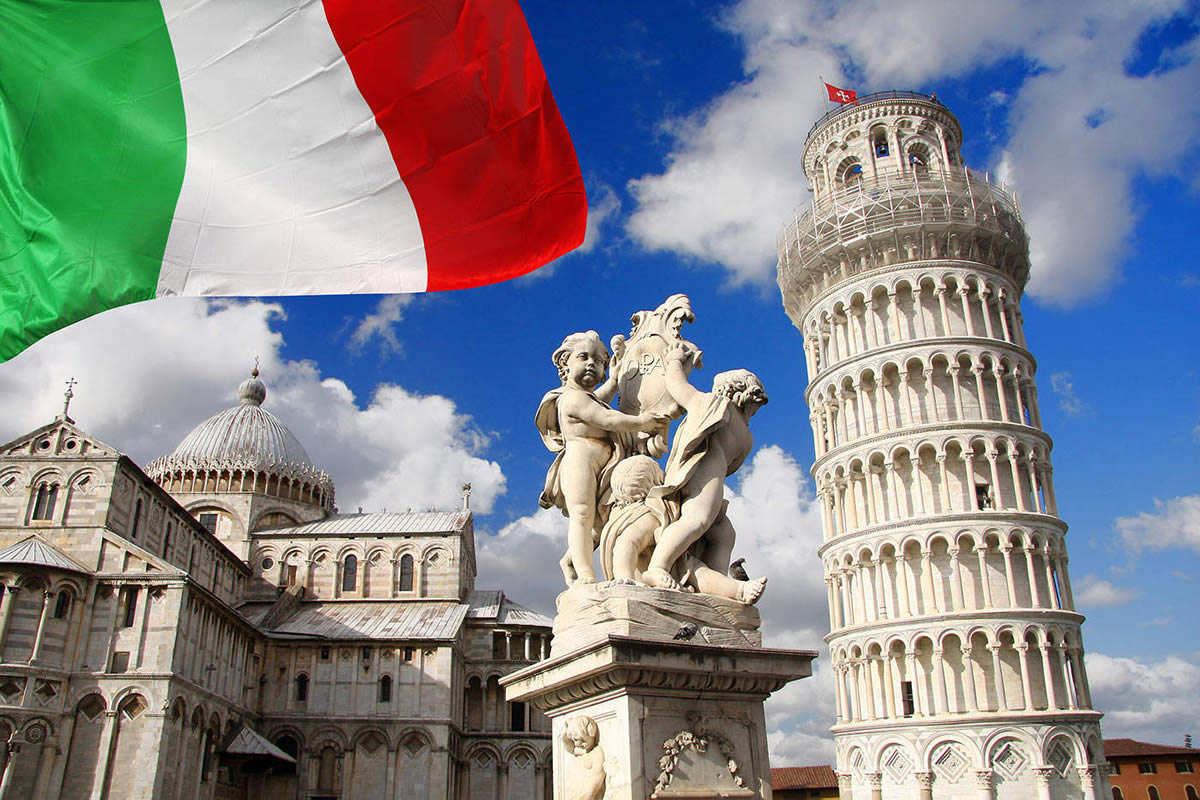Italy, a country where cuisine is practically a national treasure, is experiencing an unexpected shift in travel behaviour. A new study by Professor Roberta Garibaldi of the University of Bergamo reveals that rising prices are changing how Italians travel — especially when it comes to food.
According to a survey of 1,000 respondents, 21% of Italian travellers are ready to skip mid-range and fine-dining restaurants, while 15% plan to reduce spending on wine. Interest in food-focused trips remains high, but budgets are becoming much tighter.
Winter holidays will also shrink.
Forty-five per cent plan breaks of just 2–3 days, while 33% expect trips of 4–7 days. Longer holidays are losing traction as inflation erodes spending power.
Sixty-two per cent of respondents say rising costs limit their travel plans, and 56% notice a decline in purchasing power. Only 26% intend to increase their holiday budget.
Despite financial pressure, 66% of travellers still consider food experiences a key part of their trip. According to DIP, 52% plan to visit restaurants, 40% wineries, and 38% food-and-wine events.
Garibaldi highlights a growing pattern: high demand paired with selective spending. She urges tourism businesses to maintain transparent pricing while strengthening authenticity and regional identity.
The study identifies three major trends:
• economic polarisation — young travellers and high-income groups are spending more, while families and the middle class cut back
• a shift toward authenticity — rising interest in rural regions and small villages
• an evolution of food experiences — gastronomy becoming an immersive, adventure-driven activity
DIP insight: how travellers in our region save money
Budget-conscious travellers use a set of common strategies.
Shorter trips. Weekend breaks instead of long holidays.
Affordable accommodation. Hostels, guesthouses, rental apartments.
Searching for deals. Discounts on flights, hotels and tours.
Low-season travel. Cheaper prices when demand drops.
Cutting extras. Fewer restaurants, more home-style meals.
Cheaper destinations. Turkey, Egypt and neighbouring countries.
Public transport. Avoiding car rental expenses.
Free activities. Parks, beaches, free museums, city events.
Early booking. Securing the best rates.
Travelling with friends. Shared accommodation and transport costs.
Loyalty programs and cashback. Extra savings on travel spend.
Minimal shopping. Avoiding impulse buys.
Close-distance travel. Short trips instead of long-haul flights.
All-inclusive stays. Cost control with fixed-price packages.

